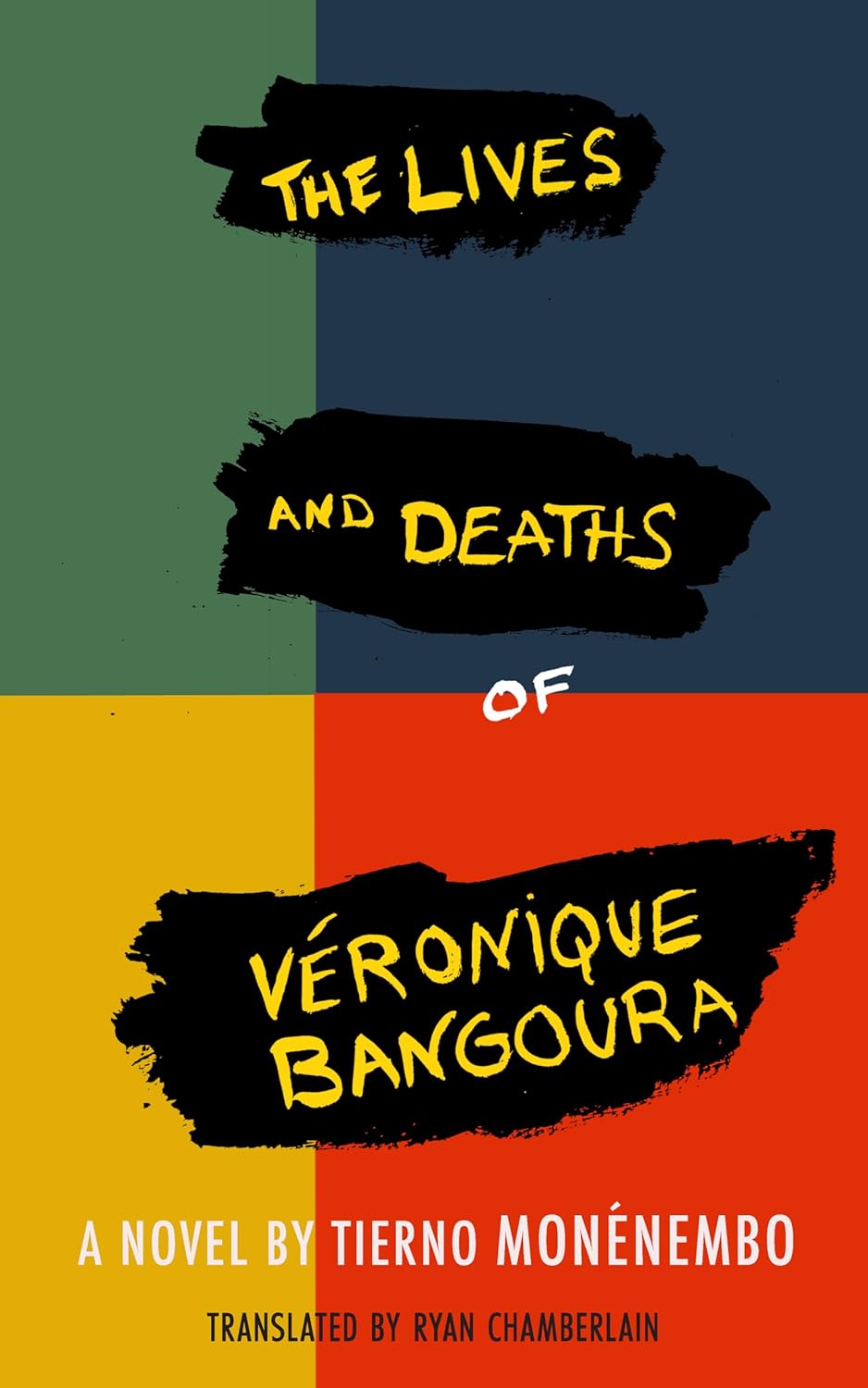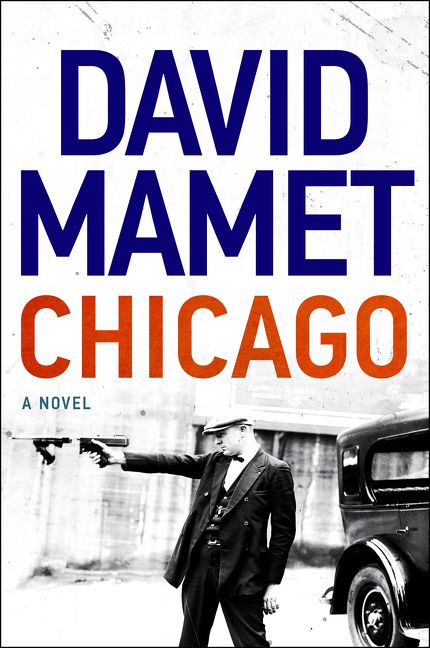The Lives and Deaths of Véronique Bangoura: A Novel
- By Tierno Monénembo; translated by Ryan Chamberlain
- Schaffner Press
- 240 pp.
- Reviewed by Anne Eliot Feldman
- April 8, 2025
A powerful protagonist unpacks the effects of generational trauma.

A new must-read African novel has emerged for 2025. The Lives and Deaths of Véronique Bangoura showcases a strong woman — born in French Guinea toward the end of Ahmed Sékou Touré’s notorious 1956-1982 dictatorship — who endures generational trauma, international exile, and sexual abuse. Alternating between the slums of Guinea’s capital, Conakry, and Paris’ lively Mouffetard neighborhood, the story’s second-person POV infuses compelling emotion into an already riveting plot. Written by lauded Guinean author Tierno Monénembo, the novel won the Baobab Prize for African/Diasporic Literature in 2022 and has now been masterfully translated into English by Ryan Chamberlain.
The story unfolds through ongoing conversations between the titular Véronique and Madame Mauricette Corre, a white woman 30-plus years her senior. The two meet as neighbors on a wintry afternoon in Paris’ Latin Quarter as Véronique is pushing the wheelchair of an elderly man. Madame Corre accuses her of posing as a caregiver since her polished French and “inexpert hands” suggest she is not. She starts calling Véronique “Countess,” and Véronique reflects:
“Nothing incongruous about that, a countess with black skin. Everything is passed on to Black folks once it’s fallen out of use: leftovers from the day before, old slippers, old outfits, titles of nobility fallen into disuse.”
The women’s adversarial relationship eases and eventually turns into something warmer. “Your green dresses, your deplorable bun, your blabbing mannerisms that exhaust me to no end — I ended up getting and giving in to all of it,” Véronique thinks of Madame Corre. “You’ve turned into something dear to me. I need you and not just to furnish my solitude…There is Camp B but there isn’t Camp B alone.”
Camp B refers to Camp Boiro, a now-defunct Guinean concentration camp in Conakry where thousands of Touré’s political opponents disappeared or were killed. It holds the dark secrets of Véronique’s parentage and a wrenching tie to Madame Corre, as well.
At Madame’s behest, Véronique reveals the details of her many lives, starting with her youth in Conakry’s slums. At 15, she is running away from home, having just killed her policeman father after he sexually assaulted her. With sirens hunting her down, she finds refuge in an unfinished house where Yâyé Bamby, the daughter of an imam, takes her in and becomes her mentor. Yâyé is “the ideal woman in everyone’s eyes, her soul as smooth as her dresses, permanently pressed…her finesse, her tastes, education, but also her innate sense of freedom in a society run by despots…In her house, you took life as it came.”
Feeling “feral and alone, desirous and impatient,” Véronique joins the world of petty crime and sex work, embarking on a heart-stopping ride where she sometimes breezes through, yet more often barely escapes. Pursuing her the whole time is a cop in an indigo bomber jacket, his face streaked with scars. He haunts her, insinuating her connection to her father’s murder and other secrets. Can she escape him? Must she?
With help from a handsome soixante-huitard — one of the 1968 French protestors demanding a more egalitarian world — Véronique makes her way to Paris, but life abroad is no easier. And she misses Africa:
“Silence, back home, is another word for death. Go one minute without laughing or singing and your neighbor sends your address to the gravedigger…France has a reputation for the gray, the serious, refined taste. In other words, boredom. Left out of its features are town dances and simple folks’ way of speaking. How, Madame Corre, can you live without folklore?... Food in the open air, lively music, and that lovely naïveté that makes up the souls of good people.”
Véronique and Madame Corre both live on the brink of trauma. Their inextricable connection to the suffering of loved ones — Madame Corre to her absent son, and Véronique to a man she’ll never stop loving — orients their daily life, as does the past they cannot forget. “It’s on the soil of memory that we have our last chance to win,” says Véronique. “If we lose on that soil, we’ll have legitimized all the concentration camps — yesterday’s and especially tomorrow’s. Bastards! Memory, Madame Corre, is the one weapon they’re afraid of.”
With author Monénembo himself having fled Touré’s tyranny, The Lives and Deaths of Véronique Bangoura offers an unflinching look at the psychic toll of international exile. “It’s not enough just to be yourself,” remarks Véronique at one point, “you have to become yourself.” In the face of unspeakable pain, she and Madame Corre bear witness, sharing a glass of Sancerre and lifting each other up. You won’t forget them.
With a B.A. from Colgate University, an M.A. from Georgetown University, both in Russian area studies, and a UCLA certificate in fiction writing, Anne Eliot Feldman has worked in the Library of Congress and the defense industry. She’s currently at work on a writing project of her own.

